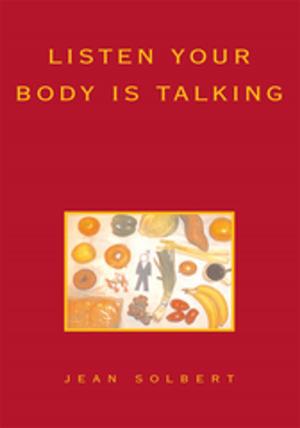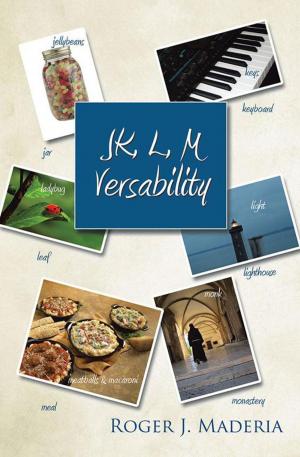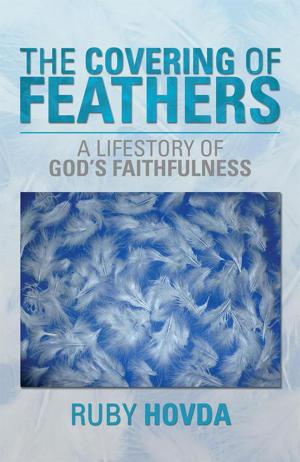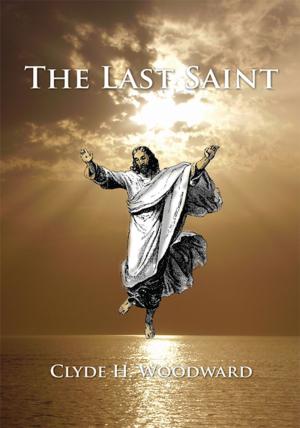| Author: | Blake Townsend Romanov | ISBN: | 9781796013238 |
| Publisher: | Xlibris US | Publication: | February 8, 2019 |
| Imprint: | Xlibris US | Language: | English |
| Author: | Blake Townsend Romanov |
| ISBN: | 9781796013238 |
| Publisher: | Xlibris US |
| Publication: | February 8, 2019 |
| Imprint: | Xlibris US |
| Language: | English |
I have called this book The Czar because, like in Kafka’s references to the emperor, the czar is an emissary of God, or God on earth, but one hidden and beyond the reach of certainty. So this is a book about the uncertainty and unattainability of God. It is a requiem to the promise of a romantic love to last forever, always promised and always withheld. What may be my last book of love poems, at least such commemorative love poems as are written to loves in my wayward past, I have, as usual, committed many poems to the love of God. Though raised in the simplicity of Calvinism, I have developed a love and confess a longing for the ideas and aesthetics of the high churches, the Roman Catholic and its sister church the Byzantine or Orthodox Church of the East. I do not confuse the two but love them separately. I am a lover of Orthodox icons, which in their fidelity to platonic forms, clearly defined shapes, bordered with definite lines, and often in geometrically quantifiable shapes, such as circles, ellipses, and all manner of formulaic curves—in these, I sense eternity and stillness, unchanging from its beginnings. In my poems, I have applied this aesthetic in the form of clear-cut ideas, a tendency away from opacity of image or imagism as it’s sometimes called. There is also presence of the meandering asymmetry or gothic aesthetics of Roman Catholic churches of France and Germany. While I hold fast to ideas, I have employed a winding complexity of word and image in expression of such ideas, a kind of inverted wandering, which I think speaks to the Catholic in me. I am especially knotted in feelings for this book’s muse, Emily Gray—the only one to receive two books from this struggling poet, the girl I most wanted to marry but did not, one with whom I have lost contact. This, like all the other books, contains both a sinner’s longing for God and an erring lover’s longing for forgiveness—the theme of all five books I have written as Blake Townsend Romanov. It is a name I chose in part as a pun that bespeaks loneliness—Townsend, as in the outskirts of town; Romanov, as in roaming off into the wilderness, perhaps into the sunset like the cowboy heroes of the old Western black-and-white films.
I have called this book The Czar because, like in Kafka’s references to the emperor, the czar is an emissary of God, or God on earth, but one hidden and beyond the reach of certainty. So this is a book about the uncertainty and unattainability of God. It is a requiem to the promise of a romantic love to last forever, always promised and always withheld. What may be my last book of love poems, at least such commemorative love poems as are written to loves in my wayward past, I have, as usual, committed many poems to the love of God. Though raised in the simplicity of Calvinism, I have developed a love and confess a longing for the ideas and aesthetics of the high churches, the Roman Catholic and its sister church the Byzantine or Orthodox Church of the East. I do not confuse the two but love them separately. I am a lover of Orthodox icons, which in their fidelity to platonic forms, clearly defined shapes, bordered with definite lines, and often in geometrically quantifiable shapes, such as circles, ellipses, and all manner of formulaic curves—in these, I sense eternity and stillness, unchanging from its beginnings. In my poems, I have applied this aesthetic in the form of clear-cut ideas, a tendency away from opacity of image or imagism as it’s sometimes called. There is also presence of the meandering asymmetry or gothic aesthetics of Roman Catholic churches of France and Germany. While I hold fast to ideas, I have employed a winding complexity of word and image in expression of such ideas, a kind of inverted wandering, which I think speaks to the Catholic in me. I am especially knotted in feelings for this book’s muse, Emily Gray—the only one to receive two books from this struggling poet, the girl I most wanted to marry but did not, one with whom I have lost contact. This, like all the other books, contains both a sinner’s longing for God and an erring lover’s longing for forgiveness—the theme of all five books I have written as Blake Townsend Romanov. It is a name I chose in part as a pun that bespeaks loneliness—Townsend, as in the outskirts of town; Romanov, as in roaming off into the wilderness, perhaps into the sunset like the cowboy heroes of the old Western black-and-white films.















